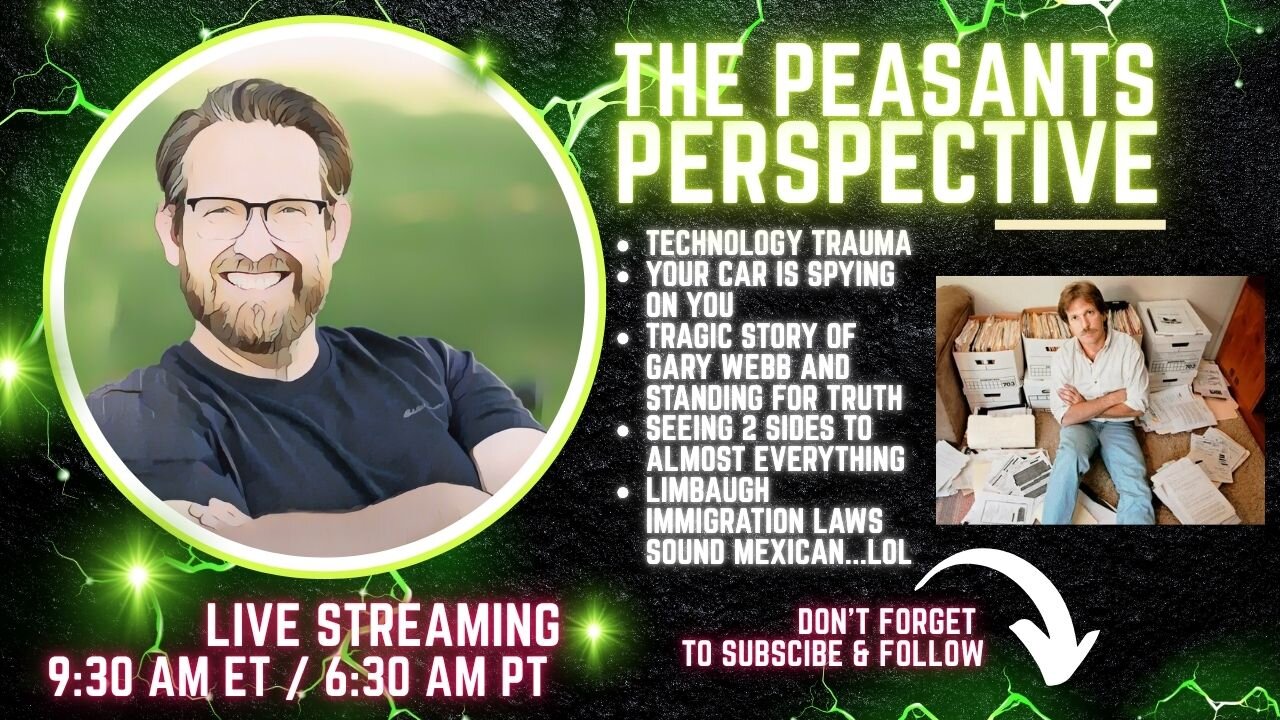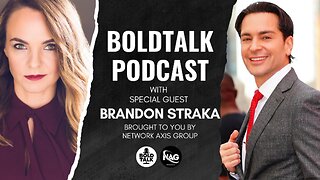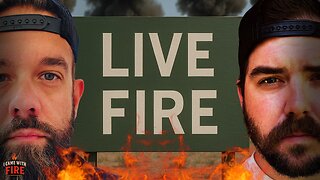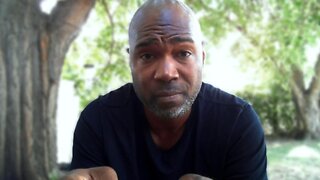Premium Only Content

Digital Footprints: When Your Car Becomes a Government Informant
0:00 Opening Banter and Technical Issues
3:35 Taylor's Court Experience and Social Media
15:27 Your Car Is Tracking You
27:20 The State Department's Censorship Office
39:13 CIA and Targeting Truth-Tellers
57:44 McGufffins and Middle East Conflicts
1:08:22 Immigration Laws and Cultural Identity
1:19:13 Monty Python's Anarcho-Syndicalist Commune
Digital surveillance has become so pervasive that it's creating genuine trauma among those who understand its implications. The revelation from Marco Rubio that the State Department maintained secret dossiers on American citizens labeled as "purveyors of disinformation" merely confirms what many have long suspected: our digital footprints are being meticulously tracked, analyzed, and potentially weaponized.
The modern vehicle isn't just a transportation device—it's a sophisticated tracking system. Your car collects an astonishing array of data: financial information, biometrics, geolocation, and driving habits. While manufacturers allow you to opt out of marketing and advertising, they continue collecting this information for "legal purposes." This infrastructure of surveillance extends far beyond automobiles to every digital device in your life, creating an inescapable web of monitoring.
Taylor shares his firsthand experience with digital persecution, recounting how tweets and social media posts became evidence in his January 6th court case. Even deleted content from years prior was retrieved and presented as evidence of his intentions. The digital record became a permanent archive that could be selectively interpreted and presented without context. This reality creates a chilling effect on free expression—when you know everything is being monitored, self-censorship becomes a natural defense mechanism.
The story of journalist Gary Webb serves as a sobering reminder of what happens to those who expose inconvenient truths. After revealing CIA involvement in introducing crack cocaine to Black communities, Webb faced a coordinated campaign to destroy his credibility, orchestrated through major media outlets. As Laura Logan notes in our discussion, Webb realized before his death that his previous journalistic success wasn't due to excellence but because "he had never written anything important enough to suppress." We must ask ourselves: how many truths remain hidden because the price of speaking them is too high?
Where do we go from here? Rather than retreat into digital isolation, we need greater awareness and intentionality about our technology use. More importantly, we must maintain our commitment to truth—even when it comes at personal cost. As the surveillance state grows more sophisticated, the courage to speak plainly becomes increasingly valuable. Join us in this essential conversation about privacy, truth, and the future of free expression in a monitored world.
Support the show
https://1776live.us/peasants_perspective
buymeacoffee.com/peasant
-
 4:02:20
4:02:20
Nerdrotic
12 hours ago $13.85 earnedKimmel MELTDOWN | Hollywood Boycotts Disney | Friday Night Tights 372 with Kaida
109K18 -
 34:08
34:08
Bannons War Room
6 hours agoMEGYN KELLY: Jimmy Kimmel and Sore Cultural Losers, and Charlie Kirk's Spiritual Revival, w/ Bannon
70.3K69 -
 59:27
59:27
NAG Podcast
6 hours agoBrandon Straka: BOLDTALK with Angela Belcamino
63.7K10 -
 59:43
59:43
Sarah Westall
4 hours agoVietnam Shuts down 86 Million Bank Accounts, The Fourth Turning & more w/ Andy Schectman
46.4K11 -
 1:17:51
1:17:51
Flyover Conservatives
12 hours agoMary Flynn O’Neill and Clay Clark: The Church Must Rise or America Falls | FOC Show
36.8K3 -
 3:36:01
3:36:01
I_Came_With_Fire_Podcast
14 hours agoThe Global ANTIFA Connection You've Never Heard Of | The Israel Question
29.4K6 -
 16:38
16:38
RTT: Guns & Gear
21 hours ago $2.73 earnedExtar EP9 Review: The Best Budget 9mm PCC?
46.6K6 -
 7:53
7:53
Rethinking the Dollar
14 hours agoMass Firings in Tech: The Real Agenda Behind 166,000 Cuts
53.4K11 -
 1:02:28
1:02:28
BonginoReport
9 hours agoFeds Monitor Threats Ahead of Kirk Memorial - Nightly Scroll w/ Hayley Caronia (Ep.138)
260K151 -
 55:51
55:51
Candace Show Podcast
8 hours agoWho Moved The Camera Right Above Charlie's Head? | Candace Ep 239
115K643